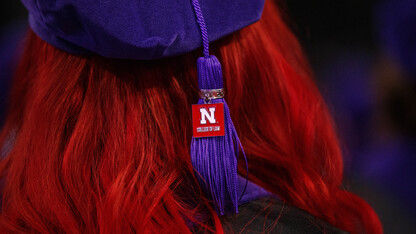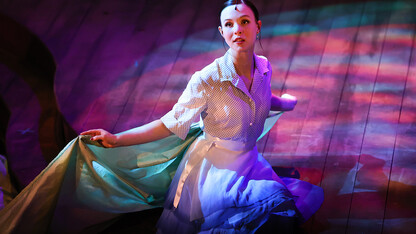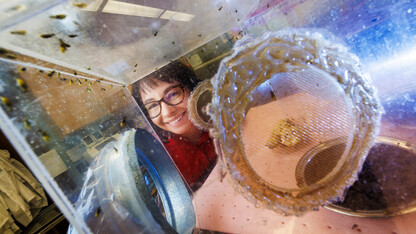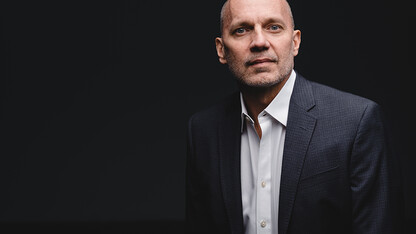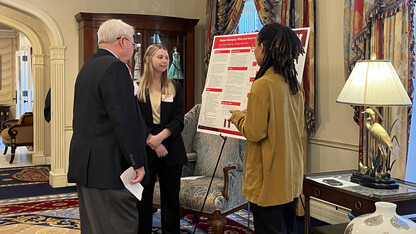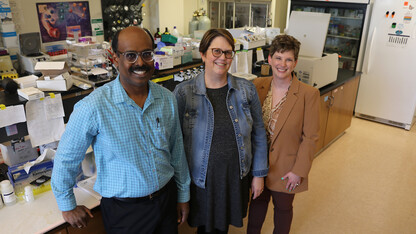· 3 min read
Grad student lends language, public health skills to community
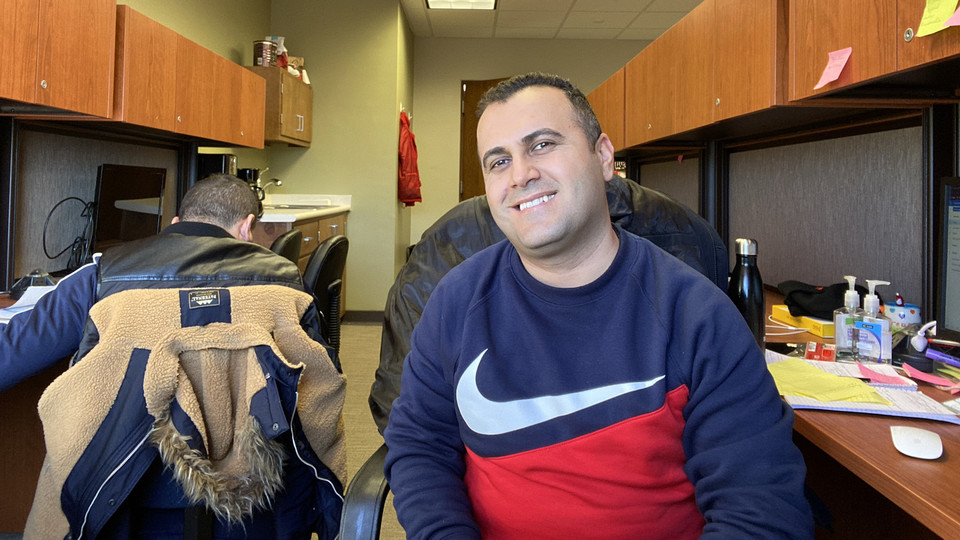
Falah Rashoka is well-versed at overcoming obstacles, and he’s ready to help combat COVID-19, too, through volunteer efforts with local health departments.
Rashoka came to Lincoln as a Yezidi refugee from Iraq in 2016. He is a first-generation college student. Iraq’s government hadn’t allowed minorities to attend school, so his parents never received a formal education.
“After I moved here, I was working and at the same time studying 10 to 12 hours a day, seven days a week, to complete admission requirements to UNL,” Rashoka said.
He persevered and will graduate with his master’s degree in public health in May. He will continue his education here and pursue a doctorate in nutrition with an emphasis in public health. Rashoka attained a nursing sciences degree at the University of Duhok in 2014, prior to coming to the United States.
Despite the difficulties he faced, Rashoka found a community here and is now giving back by serving as a volunteer interpreter for the Lincoln-Lancaster County Health Department and the Nebraska Department of Health and Human Services during the COVID-19 pandemic.
“This community helped me stand up on my feet, and so I found this to be the best way for me to give back,” Rashoka said. “And with my education now, I feel even more knowledgeable in my efforts to help.”
As a volunteer, he is answering calls and emails to help disseminate information to Arabic and Kurdish speakers, and can serve as interpreter for people seeking medical care and for health department monitoring of those with COVID-19 symptoms.
“I worked for the health department as an interpreter for about 18 months before I started at UNL,” Rashoka said. “For some patients, they don’t speak English, and if they got a virus, it would be hard to contact them twice daily to monitor them without interpreters.”
While at Nebraska, Rashoka has focused his studies on marginalized populations. He said he’s finished up most of his thesis and coursework to graduate in May, so he is devoting nearly all of his time to serving as an interpreter.
“I told them they can call me any time, day or night,” he said. “Through my studies at the University of Nebraska–Lincoln, I’ve acquired a lot of information about responding to a disaster or pandemic, so I feel prepared.”
“UNL has been a great place with amazing professors, especially my adviser Megan Kelley, and staff who’ve taught me, and now it’s time get back to the community.”
Rashoka’s volunteerism has benefited the campus community as well. He serves on the Chancellor’s Campuswide Collaborative on Sexual Misconduct, and is a representative in the Graduate Student Assembly.
